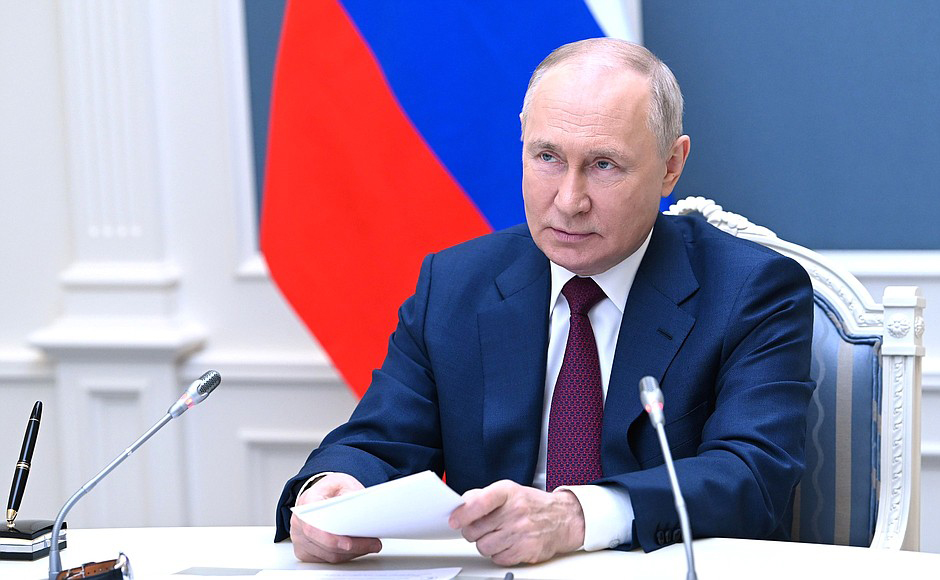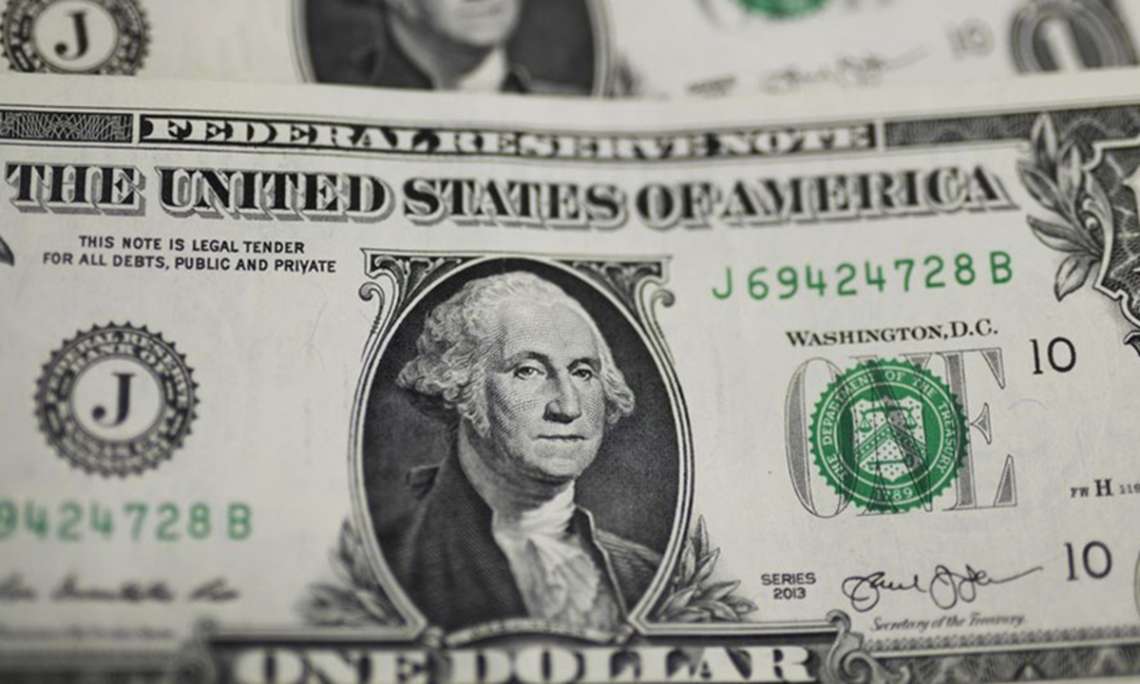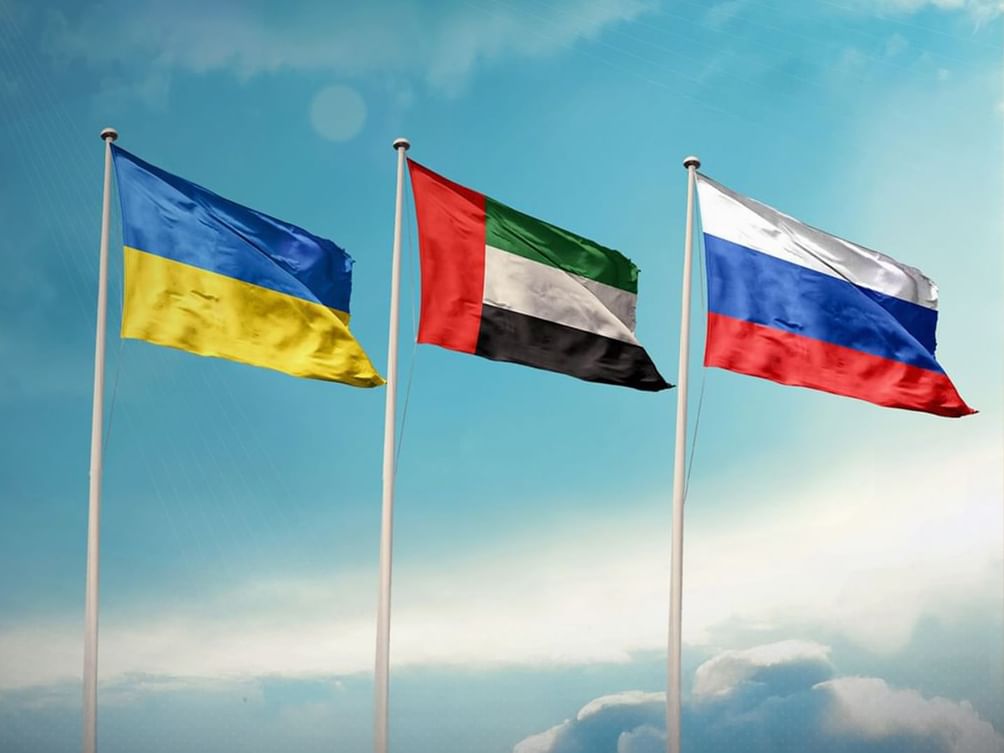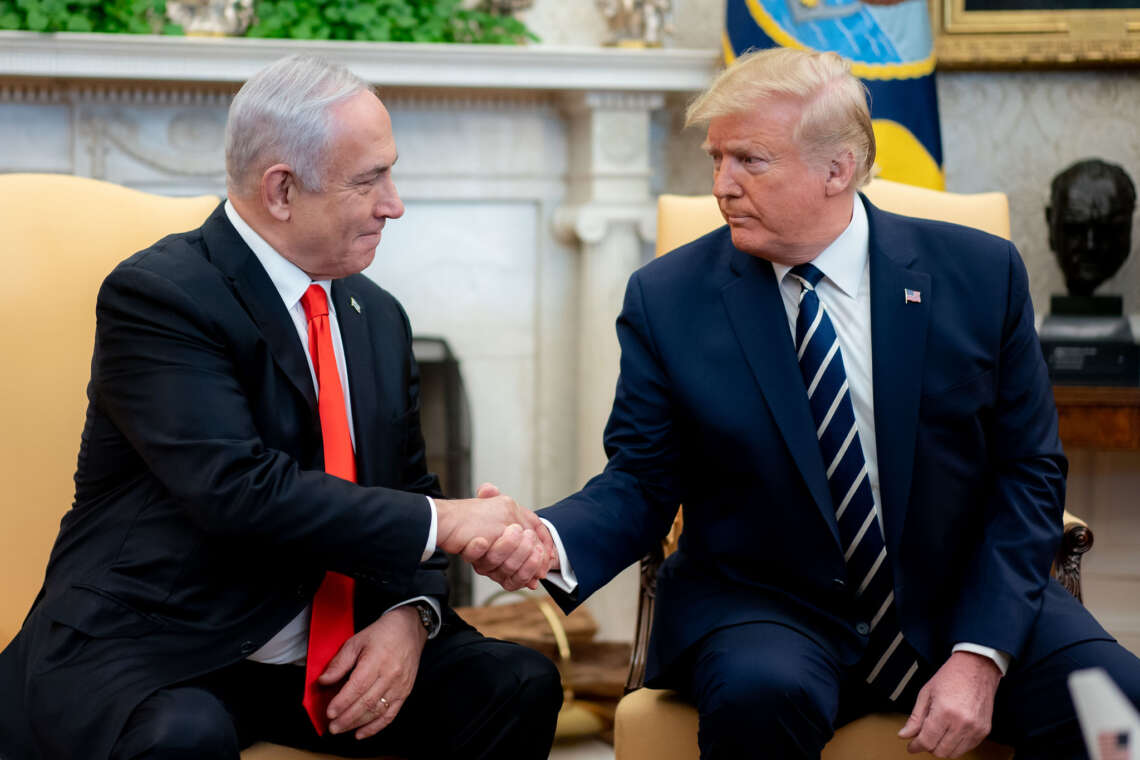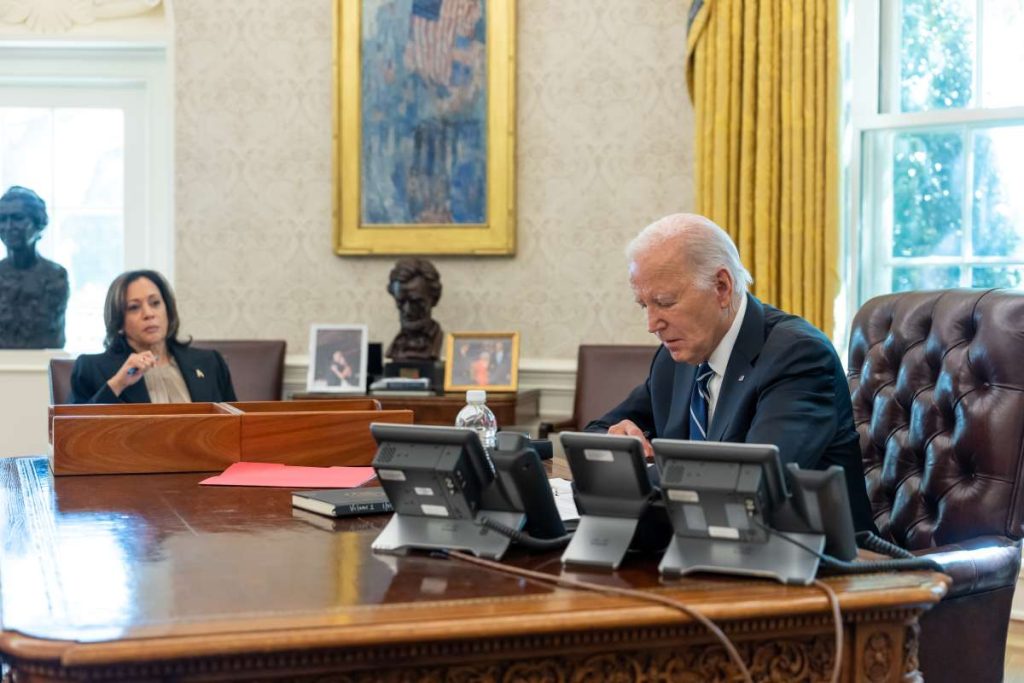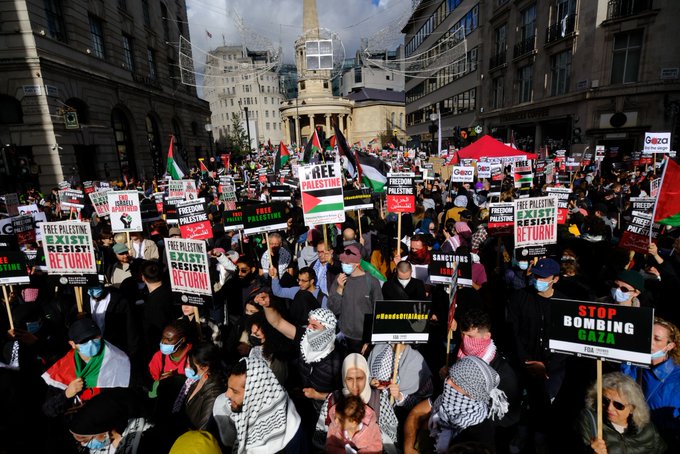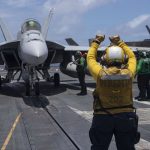Putin, speaking after talks with Iraqi PM, criticized Washington’s conflict resolution….writes Vikas Dutta
Pushed into a corner following the Ukrainian war, Russia saw an opportunity as hostilities erupted between Hamas and Israel to hit out at its primary antagonist, with its top leadership blaming American “monopolisation” for the violence sweeping the Middle East and offering itself as a mediator between Israelis and Palestinians.
Like most of the world, save the Western powers and their allies, Russia has avoided taking a maximalist position in apportioning the blame for the new spiral of violence, while stressing that there could not be peace in the region without Palestinian statehood. Aiming at a key role itself, it also sought revival of the multilateral approach – the ‘Quartet’ – to organise negotiations between Israelis and Palestinians.
President Vladimir Putin, addressing the media after talks with visiting Iraqi Prime Minister Mohammed al-Sudani earlier this week, said the ongoing crisis in the Middle East exposed Washington’s inability to resolve conflicts.
“I believe many would agree with me that it is a glaring example of the failures of the US Middle East policies. They tried to monopolise the peace settlement, but unfortunately paid no attention to searching for compromises that would be acceptable for both parties.
“Instead, Washington put pressure on both sides in an attempt to impose its own solutions on them,” he said.
The US ignored the core interests of the Palestinians – primarily creation of an independent Palestinian nation state, as outlined in UN Security Council resolutions, the Russian President said.

Foreign Minister Sergei Lavrov had suggested that the Quartet of Middle East mediators – the US, Russia, the EU, and the UN – should take a leading role in peace talks, instead of only the US.
Meanwhile, President Putin minced in no words in condemning Hamas’ “unprecedented” attack “which has never happened in history, and not only in scale, but also in the nature of its execution, in cruelty – well, what can I say? We must call things what they are”.
However, he also called out the Israeli response, “with quite brutal methods”, while urging both sides to think about the civilians despite “all the bitterness on both sides”.
Addressing a press conference on Friday after his Kyrgyzstan visit, he also termed as “unacceptable” the Israeli move to impose a total blockade on Gaza.
“More than two million people live there. Not everyone supports Hamas, by the way, not everyone, yet everyone must suffer, including women and children. Of course, hardly anyone will agree with this,” he said.
Reiterating Russia’s stance for a negotiated solution for creating an independent Palestine, he said that Russia is ready to mediate in the conflict, taking advantage of its close ties with both the Arab nations and Israel.
“Russia can (help) precisely because we have developed very good relations with Israel over the last, say, 15 years, and traditional relations with Palestine. Therefore, no one will suspect us of wanting to play along with someone. But, of course, only if someone needs our mediation. This is always done only based on an agreement between the parties,” he said.
Moscow has also offered to talk to Hamas on the Israeli hostages it has taken.
But, then Russia, in its various manifestations over the last two centuries — Tsarist, Communist, or post-Soviet — is no stranger to the Middle East.
The Crimean War of the 1850s stemmed from, amid other things, disputes between Tsarist Russia and monarchist France over responsibility for protecting rights of Christians in Palestine – then under the Ottoman Empire.
The creation of Israel in 1948 had a rather incongruous co-sponsor – Stalin, who told an American interlocutor that the only solution to the Palestinian problem post World War II as an enfeebled UK wanted to relinquish its mandate was a “Jewish state”.
Not only did the Soviet Union – as well as constituent republics of Ukraine and Byelorussia (which were UN members in their own right) and its East European satellites Poland and Czechoslovakia (the others, being on the Axis side, were not UN members yet) vote for partition of Palestine between Jews and Arabs, it also went on to indirectly funnel weapons to the nascent Jewish state which confronted five Arab armies.
However, the concord was short-lived and Soviet Russia soon became a supporter of Israel’s Arab rivals – Gamal Abdel Nasser’s Egypt, Ba’athist Syria, Iraq, Marxist South Yemen, etc. Things only changed after the Soviet Union’s end.
But, after a period, where it could not head off the US invasion of Iraq, the intervention in Libya, Russia did return to the region — with a bang.
It successfully carried out a major military intervention to support long-time ally Syria’s beleaguered President Bashar Al Assad and ensured that he regained large swathes of lost territory, went to forge close relations with Iran as well as Saudi Arabia under Prince Mohammad Bin Salman, and other regional powers like Iraq and Egypt, and is the only major power that that has links with both Hamas and Israel.
The validity of the last factor can be gauged by the outspoken response of the Israeli envoy to Russia on allegations on social media and by a section of media that Russia may have been involved in the attack and that the situation in Gaza is beneficial to it as it purportedly draws US attention away from Ukraine.
“Complete nonsense” is what Ambassador Alexander Ben Zvi had to say in an interview to a Russian daily.
ALSO READ:

